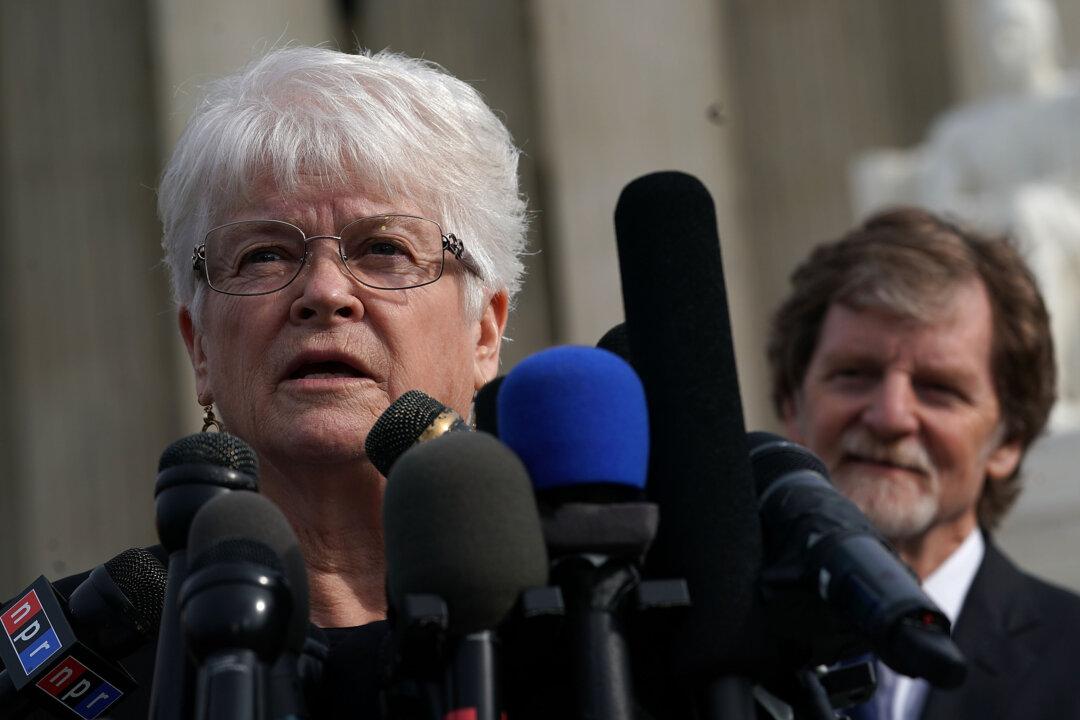Commentary
When I visited China in 2016, I was stunned at the consumerist spectacle. High-end stores such as Versace and Cartier were as common in Shanghai and Beijing as they are on Rodeo Drive. I couldn’t believe I was in a communist country.

When I visited China in 2016, I was stunned at the consumerist spectacle. High-end stores such as Versace and Cartier were as common in Shanghai and Beijing as they are on Rodeo Drive. I couldn’t believe I was in a communist country.